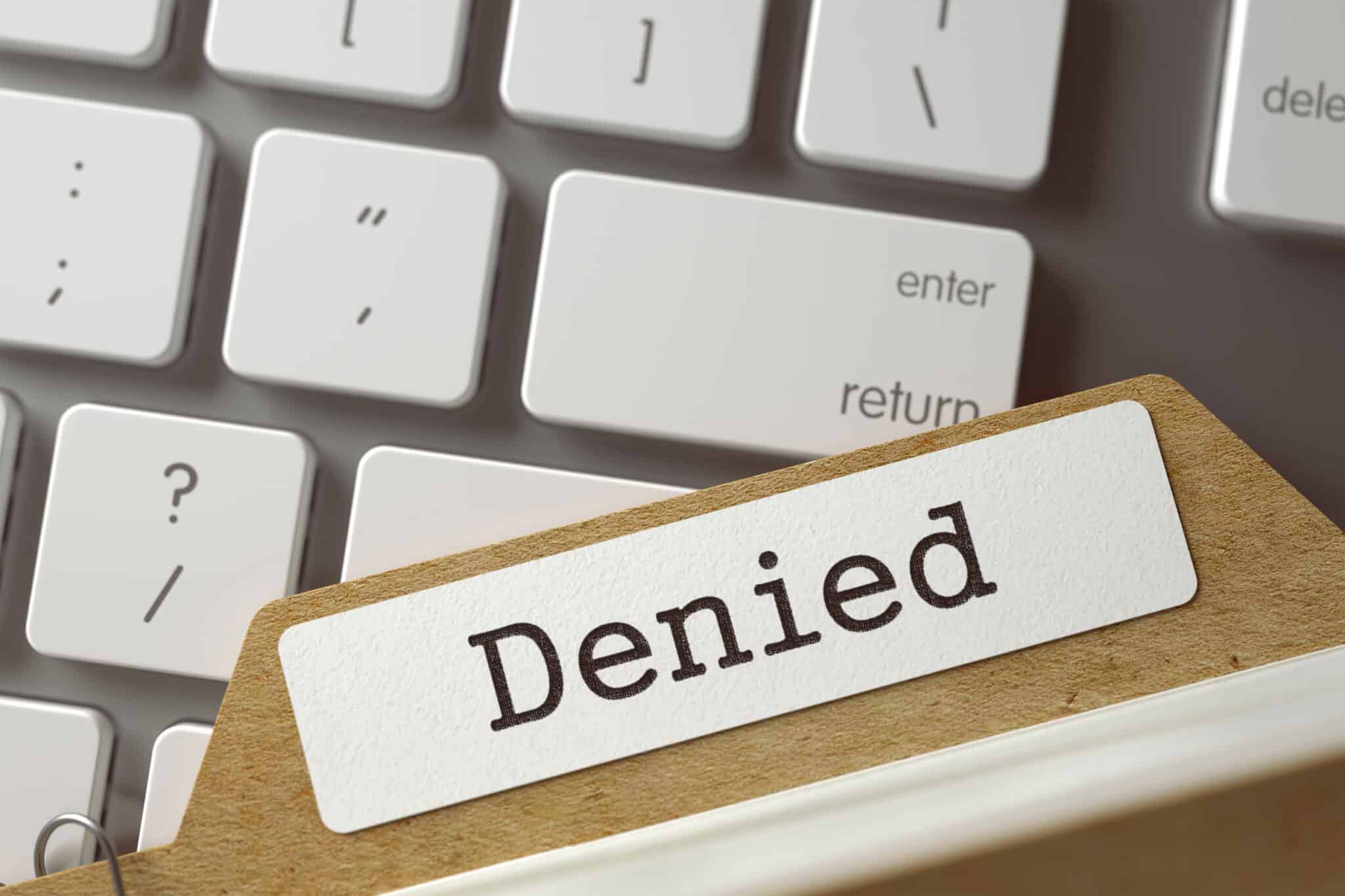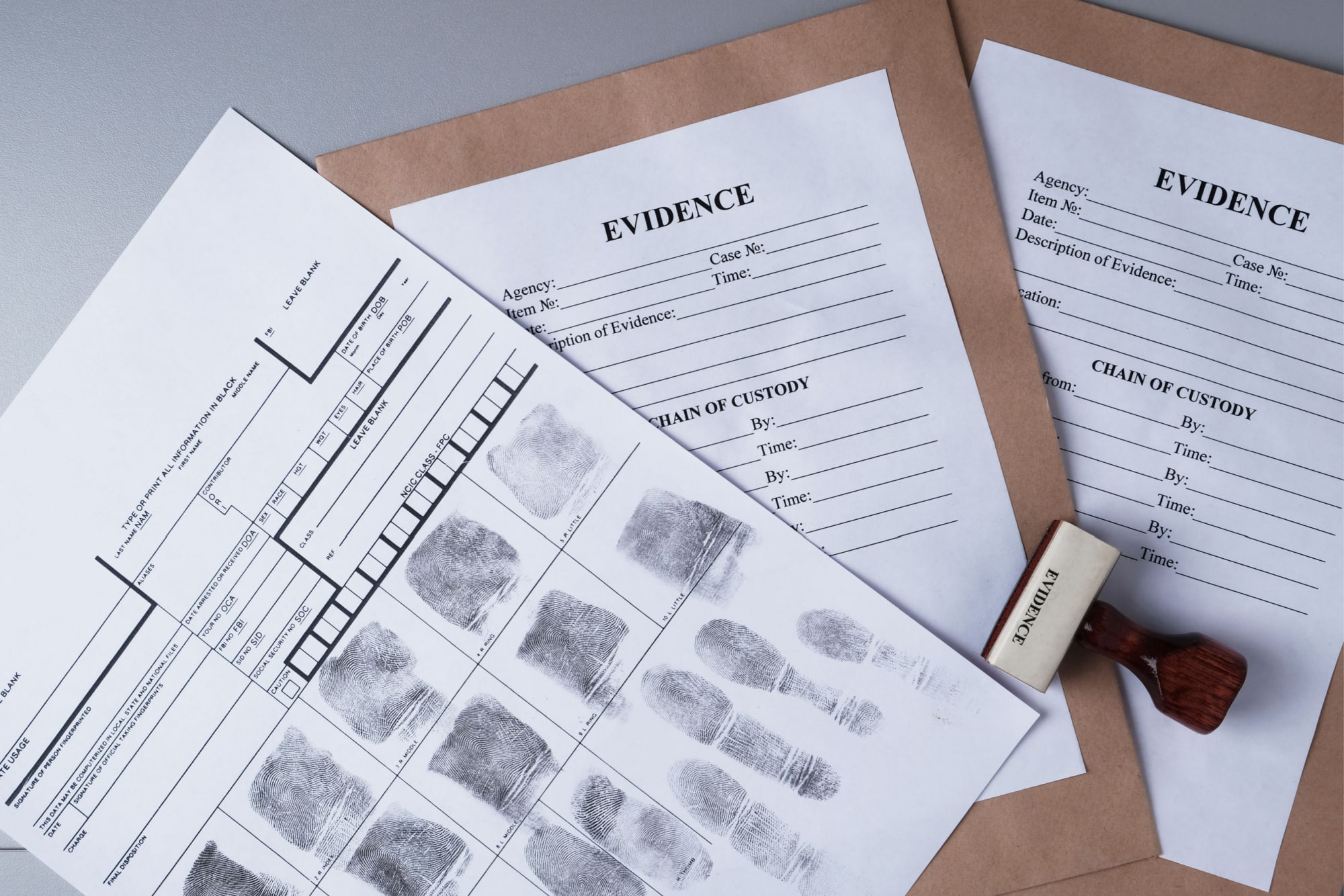Illinois Expungement Laws: Can You Clear Your Record?
A past arrest or charge—even one that didn’t lead to a conviction—can stick with you for years. It can show up in background checks, cost you job opportunities, or affect where you live.
Thousands of people in Illinois live with records that no longer reflect who they are. Expungement offers a chance to clear your name—but the process isn’t automatic or easy. That’s where the Law Offices of Andrew Weisberg, a respected Chicago, IL criminal defense attorney, can step in and fight for your second chance.
What Is Expungement Under Illinois Law?
Expungement means your criminal record is erased—not sealed, not hidden, gone. As if it never happened.
Under the Illinois Criminal Identification Act (20 ILCS 2630/5.2), certain arrests, dismissed charges, and low-level offenses with supervision or special probation may qualify.
However, you need to file a formal petition, notify agencies, and sometimes attend a hearing. Prosecutors can object. That’s why having a knowledgeable Chicago criminal defense lawyer on your team matters.
Which Criminal Records Can Be Expunged in Illinois?
You may be eligible if:
- You were arrested but never charged
- Your case was dismissed or you were found not guilty
- You completed court supervision for certain misdemeanors
- You went through a first-time drug offender program
On the other hand, some records can’t be expunged—DUI, domestic battery, and most violent felonies are usually off-limits. And even if you’re eligible, there might be a waiting period.
It’s not always clear just by looking at your record. That’s why it helps to have a Chicago criminal defense lawyer review it and give you real answers.

Common Reasons Expungement Petitions Are Denied
Even solid cases get denied. Here’s why:
- Filing Too Early: You may not have waited the required time before filing.
- Incorrect or Incomplete Paperwork: Missing forms or errors can get your petition rejected.
- Missing Record Details: Leaving out any arrests or charges can raise red flags.
- Prosecutor Objections: Prosecutors can argue against clearing your record.
- Unpaid Fines or Probation Issues: Outstanding fines or incomplete terms may block approval.
Each of these problems is avoidable with proper guidance. A skilled criminal defense attorney in Chicago can help ensure your petition is complete, timely, and ready to stand up to scrutiny.
How the Expungement Process Works in Illinois
Here’s what the process typically looks like:
- Get your full criminal record from the Illinois State Police
- Identify which parts may be eligible
- File a petition with the court in the county where the arrest occurred
- Notify the prosecutor and relevant law enforcement agencies
- Attend a hearing (if required)
It sounds straightforward, but even small mistakes can stall your case. That’s why legal guidance is key.
New Changes to Illinois Expungement Laws You Should Know
In recent years, Illinois has expanded expungement opportunities—especially for cannabis-related offenses. Under the Cannabis Regulation and Tax Act, certain marijuana offenses are now eligible for automatic expungement. And in some cases, state attorneys or the governor can proactively clear records.
These updates reflect a growing effort to give people a real second chance—but they also add layers of steps and confusion. An experienced Chicago criminal defense lawyer can explain how the newest laws apply to your record.
Why Expungement Can Change Your Life
Once your record is gone, it stops showing up in most background checks. That means better access to jobs, housing, school programs, and even certain professional licenses.
But it’s more than that. Expungement removes a silent weight that you’ve been carrying around—something you might not even realize has been holding you back until it’s gone.

What Happens After Your Record Is Expunged?
Once your expungement is granted, agencies like the police department and clerk’s office are ordered to remove your information from public view. Your fingerprint card, arrest reports, booking photos—gone from official systems.
You can legally answer “no” when asked if you’ve been arrested (except in very limited government situations). That’s a powerful shift.
Still, you’ll want to follow up. Sometimes, agencies are slow to process the court order. A good Chicago criminal defense attorney will help confirm your record has been fully cleared.
Speak With a Chicago Criminal Defense Attorney Today
Expungement is your opportunity to start fresh. But getting there can be confusing and overwhelming. That’s where the Law Offices of Andrew Weisberg comes in. As a Chicago, IL criminal defense lawyer who knows how the system works, he can give you the guidance and advocacy you need.
Call (773) 908-9811, visit 2502 N Clark St. Suite 201, Chicago, IL 60614, or contact us online to start the process. Your record doesn’t have to define the rest of your life. Let’s move forward—together.







 Blog Home
Blog Home 










